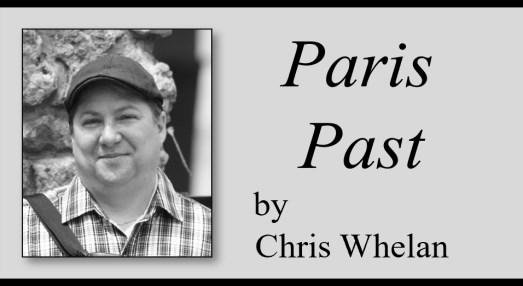
2 minute read
Whisky Played an Important role in the Development of Paris
Whisky played an important role in the development of the Town of Paris, for it was the production of whisky that brought Norman Hamilton to Paris to seek his fortune after having emigrated from New York to live in Mudge Hollow (Canning) where he worked in a grist mill. Hamilton was the first true industrialist to come to Paris He was an entrepreneur in numerous fields and successful in most. These included running a grist mill, gypsum plant, logging operation for making whiskey kegs (Keg Lane), raising hogs, and in real estate In 1831 he built a distillery on the river flat that lies between Grand River St. North and the west bank of the Grand river approximately where the medical arts building (post office) is today His farm was known as Hillside (Hamilton Place) and he came up with a profitable way to make use of his own surplus of grain. Soon Hamilton would be producing 90 gallons of whisky a day and selling it for 13 cents a gallon At the same time Hamilton cleverly assembled a bevy of pigs to feed on the discarded whisky mash and he built a pen, slaughter house and pork packing factory to care for the hog operation. The majority of people in Paris and vicinity looked upon Hamilton as a public benefactor. In the days when roads were bad his distillery quickened the economic life of the village A pioneer farmer usually had a surplus of grain that he wanted to exchange for other commodities. He found the cost of exporting this surplus to the outside markets too high to be profitable His surplus would usually rot during the damp weather. Hamilton did much to solve this problem. He took a pioneer’s surplus of grain and transformed each bushel into three or four gallons of whisky. Since Hamilton was usually short of cash he gave half of the whisky back to the pioneer and kept the other half. The pioneer then exchanged what he did not drink for goods at the local stores. Hamilton exported the larger part of his whisky and in doing so indirectly helped to pay for goods that were imported into the village If a pioneer had pigs to sell he could usually get a good price at the distillery and if he had no use for whisky he could exchange his pigs or grain for a barrel or more of salt pork which was an essential food during the winter months. In about 1848 Hamilton quit making whisky. Patton and Currey then built a distillery on the west bank of the Nith River at the south end of what is now Lions Park 'Cheap whisky enlivened early Parisians and there were 3 distilleries listed in operation in 1850. Many Parisians drank large amounts and were seldom completely sober This was very common in the 19th century as a way to cope with the trials of pioneer life. As a result, there are many interesting tales of pioneer life in the 1800s in Paris
Advertisement










